Quantum computing harnesses the properties of quantum mechanics, which governs how the world operates at the level of individual atoms, electrons, photons (particles of light). They operate in a fundamentally different way from conventional computers. Quantum computers are expected to tackle certain computational problems that are beyond the reach of conventional digital computing technologies, including supercomputers, and are expected to co-exist with current technologies, rather than replacing them.
By harnessing features of quantum mechanics to store and process information in different ways, it has the potential to unlock unprecedented parallel processing and consequently create a step change in computing power.
The technology is still at an early stage of development, but the pace is accelerating quickly, with key players engaged globally. Quantum computing is expected to progress through of different eras of development, with each era unlocking new capabilities and potential applications.
There are a number of key early applications, including simulation, optimization, and machine learning.
Superposition

Superposition is a crucial concept in quantum computing. We can think of it using the analogy of flipping a coin. In a regular, or ‘classical’, computer, a bit (unit of information) can either be heads or tails. Whereas with a qubit (quantum bit), we can think of it as the state when the coin is flipped and is spinning around in the air. Prior to measurement, quantum state can be in a superposition of two or more classical states – so whilst a classical coin can only land on heads or tails, a quantum coin has a probability of being either heads or tails after measurement. While it is spinning around in the air, it is in an uncertain state, called superposition.
Entanglement

Quantum systems can be linked in such a way that we can’t think of them as separate systems and are said to be “entangled”. The correlations between the two objects are stronger than those allowed in classical physics. When two quantum objects are entangled, for instance two electrons, then if you observe or measure one object, the other object will have a correlated behaviour no matter how far away it is. For example, if you had an entangled quantum system and observed one electron to be in the ‘spin up’ state then its entangled partner would always be in the ‘spin down’ state if the first electron is ‘spin up’.
Qubits and the Bloch Sphere

Quantum computers store and process information in a different way than classical computers. Whilst classical computers encode information in the form of bits, which can only be 1 or 0, and quantum computers use the quantum equivalent, qubits, which can be in a superposition of both 1 and 0.
This can be represented by the Bloch sphere: a qubit can lie anywhere on the surface, but a bit can only lie at one of the two poles. This is what allows quantum computing to store and process information in a computer differently, giving us the potential for a new way of computing.


